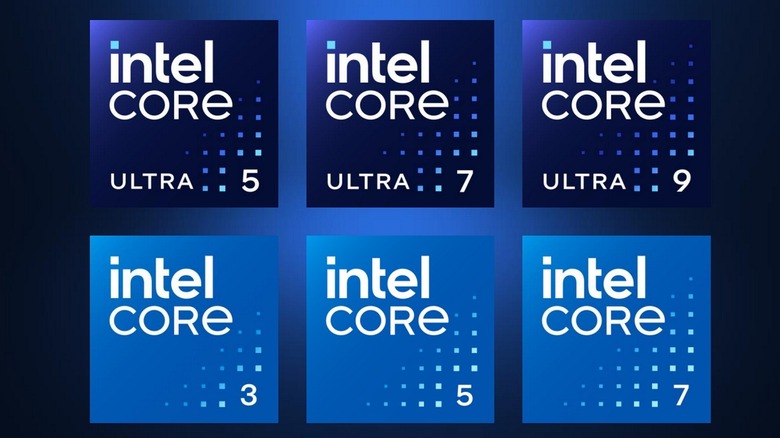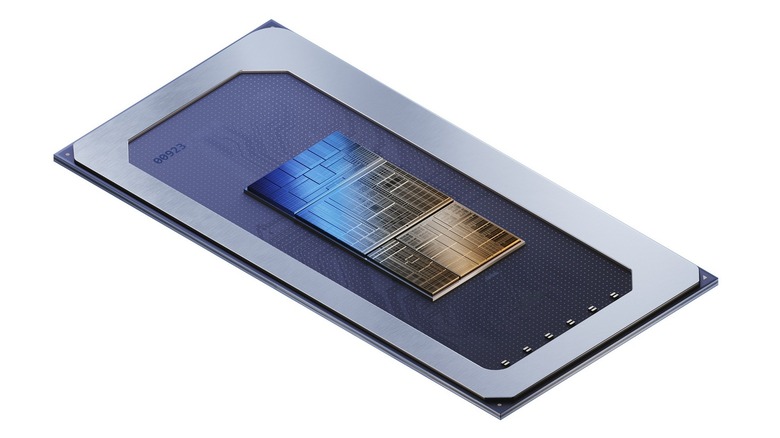Can A New Name Save Intel?
Intel has decided to sunset its legacy Core "i" branding for mobile and desktop processors, and has also introduced a new "Ultra" category. Moving ahead, the Team Blue silicon will be marketed simply as "Intel Core 3" — instead of the erstwhile "Core i3" naming — extending all the way up to the enthusiast-class Intel Core 7 processors.
Next, Intel is introducing the "Core Ultra" brand for its "most advanced client processors." The updated branding strategy would still show the processor number in the "##xxxH" format, which means you will see whether the processor belongs to the low-power U series, or the more capable P and H series.
Plus, the numerical code will tell you the exact processor generation to avoid any confusion. Buyers will start seeing the new branding on products in the second half of 2023. There is some inexplicable overlap, though, as Intel plans to sell Core 5, Core Ultra 5, Core 7, and Core Ultra 7 processors at the same time.
The next time you go shopping for a processor or laptop, you will come across names like "Intel Core 5 processor ##xxH" or "Intel Core Ultra 7 processor ##xxH." The fresh naming strategy, which ends the 15-year legacy of the Core "i" system, will begin with the introduction of 14th Gen Meteor Lake processors. Intel says it is switching to a new branding strategy to "highlight significant shift in architecture and design" of the Meteor Lake processors.
Intel seems ready to ride the tide
It makes sense that Intel would want to sell the virtues of its Meteor Lake silicon with a truly standout marketing blitz, but in doing so, Intel is also copying the exact same naming scheme as AMD's mainstream Ryzen series processors — down to the generation numbers and the class identifier.
It's hard to predict whether Intel's naming scheme will give it an advantage in a cut-throat market where AMD has really upped the ante in the past few years. In 2023, AMD finally managed to crack nearly a third of the x86-based processor market, grabbing 31.3% of the market share after remaining under the 20% percent mark in recent years.
Aside from beating Wall Street estimates, it was interesting to see AMD's rise at Intel's expense amidst one of the worst downturn years for the global PC markets. Beyond just lazy rebrands and changing silicon architecture, 2023 is going to be an inflection point for all players with the advent of AI as well.
The Meteor Lake family includes Intel's first mainstream processors to feature a built-in neural VPU. It's an AI engine built directly on the SoC to execute AI modeling tasks with minimum power draw. The upcoming processors also adopt an SoC chiplet design mimicking that of mobile processors to boost efficiency. Intel's 14th gen processors are built on the 4nm processor, which is another notable upgrade for Intel after staying laggard for years behind the likes of Apple and AMD.

